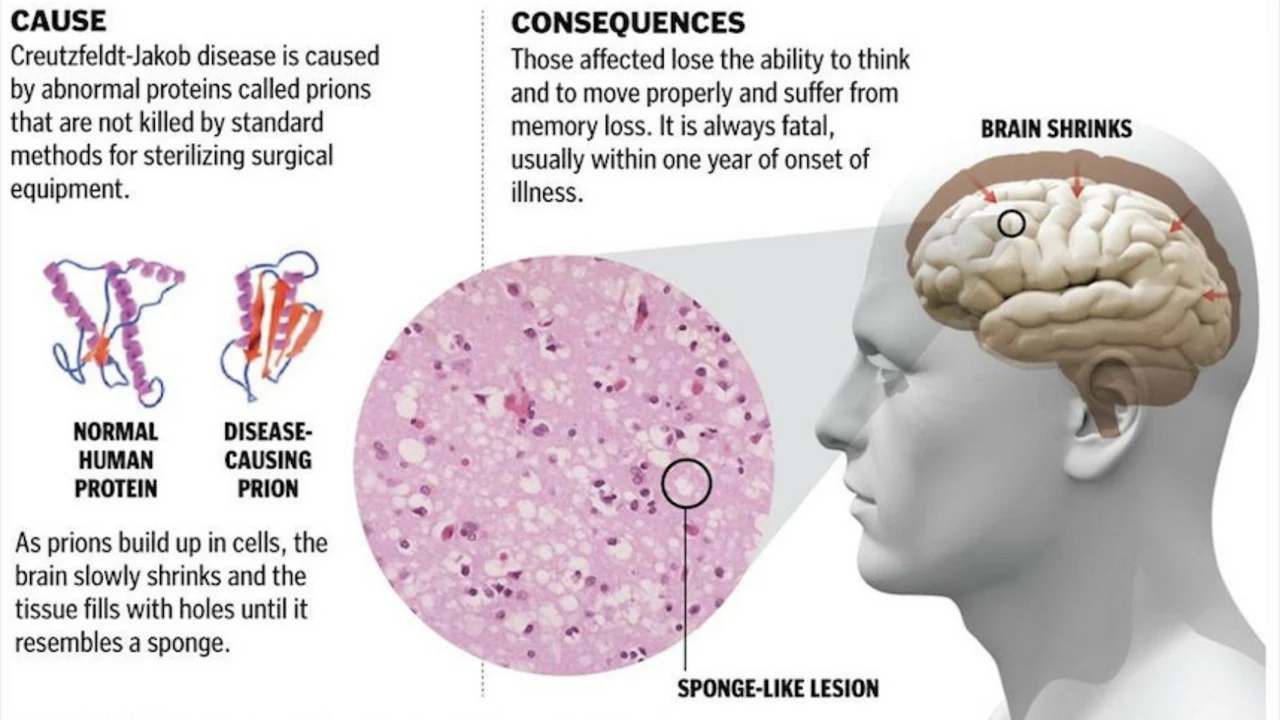Neuropsychiatric Disorders: Clear Guides on Meds, Risks, and Everyday Care
Many people expect psychiatric drugs to only affect mood. The truth is messier: medicines for mood, pain, Parkinson's, or even blood pressure can change sleep, thinking, and energy. If you or someone you care for is juggling drugs for depression, nerve pain, or Parkinson’s, small choices matter. This page pulls together practical, easy-to-use advice from our articles so you can spot risks, ask the right questions, and stay safer every day.
Medication interactions to watch
Some combinations are common but risky. For example, mixing St. John’s Wort with tricyclics like imipramine can cut effectiveness or cause extra side effects. SSRIs such as citalopram (Celexa) raise the risk of serotonin problems when stacked with other serotonergic drugs. Parkinson’s meds like rasagiline can interact with certain pain drugs and some antidepressants — that’s why your prescriber needs a full list of what you take. Also watch over-the-counter herbs and supplements; they aren’t harmless just because they’re labeled "natural."
Pain and nerve meds deserve special attention. Drugs used for neuropathic pain, including gabapentin (Neurontin) alternatives, can cause drowsiness or balance issues, especially when combined with muscle relaxants like baclofen. If you start a new med and feel unusually sleepy, dizzy, or confused, call your clinician and avoid driving until you know how it affects you.
Practical steps for patients and caregivers
Start with one clear step: keep an up-to-date medication list with doses and reasons. Share it at every appointment and when filling prescriptions online. Ask three simple questions when a new drug is offered: What exact symptom will this treat? What side effects should I expect? Which drugs or supplements must I avoid while taking it? These three questions force a focused, useful conversation.
Monitor changes closely during the first few weeks of any new med. Mood shifts, sleep changes, worsening pain, or new digestive problems are signals, not annoyances. For Parkinson’s-related pain, ask if a change in dosing or adding an adjunct like rasagiline could help; for nerve pain, discuss non-drug options too—physical therapy, targeted injections, or complementary methods like carefully guided yoga and meditation can reduce symptoms and improve coping.
Finally, be cautious when buying meds online. Choose licensed pharmacies and avoid offers that sound too cheap or ask you to skip a prescription. If you need help comparing options or alternatives — say for Neurontin, Amoxil, or Stromectol — bring the pharmacy page to your clinician and get their input before switching.
Living with a neuropsychiatric disorder means balancing benefits and risks. With a clear plan, good questions, and regular check-ins, you can make safer choices and get better results from treatment.




